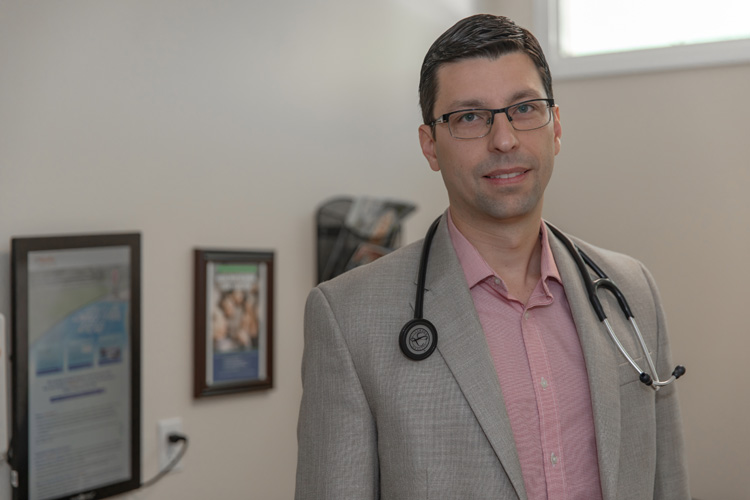Do omega-3 fish oil pills really help your cardiovascular health?
In the wake of two huge, in-depth studies released just last month, the answer is no they don’t. And, yes, they do.
It’s confusing.
About the only thing both sides of this issue seem to agree on is that Americans now spend upwards of $1 billion each year on fish oil supplements.
Dr. Jose Rivera of the Steward Medical Group and Coastal Cardiovascular Associates steps in to referee the debate.
Board-certified in cardiovascular disease, nuclear cardiology and echo-cardiology, Rivera says the VITALS study, funded by the National Institutes of Health, was “really large” with some 26,000 people participating over a 5-year period, while the REDUCE-IT study followed some 8,000 patients – also a large number for this type of research – for 3 ½ years, and that the findings of the two research efforts are complex.
In fact, the results appeared to confuse both the New York Times and the Washington Post.
On Nov. 10, the Times led off its story saying these studies concluded that omega-3 pills in healthy adults did little to prevent cardiovascular disease.
That same day, the Post opened its report by saying “two major studies released Saturday provide evidence that medications derived from fish oil are effective in protecting people from fatal heart attacks, strokes and other forms of cardiovascular disease.”
The devil, not surprisingly, is in the details. Including the words “medications” and “healthy adults” above.
The Harvard Medical School says “fish oil supplements have been promoted as an easy way to protect the heart, ease inflammation and lengthen life,” but adds “if you are taking them on your own because you believe they are good for you, it’s time to re-think that strategy.”
The Mayo Clinic agrees.
It says “doctors had long believed that the unsaturated fats in fish, called omega-3 fatty acids, are the nutrients that reduce the risk of dying of heart disease. However, more recent research suggests that other nutrients in fish or a combination of omega-3 fatty acids and those other nutrients may actually be responsible for the health benefits from fish.”
That stance also gets a nod from the National Center for Complementary and Integrative Health at NIH which, in May of this year, said “research indicates that omega-3 supplements don’t reduce the risk of heart disease. However, people who eat seafood one to four times a week are less likely to die of heart disease.”
In other words, it’s eating fish, not swallowing fish oil capsules, that can help your heart.
Unless, that is, you already have heart disease.
According to Rivera, the REDUCE-IT study focused on people who already had heart disease. Fully 70 percent of its participants had suffered a prior heart attack or stroke, and for that group, he says, “high doses of purified EPA, which is the omega-3,” produced what Rivera calls “a huge improvement” in their cardiovascular health.
But there’s yet another devil of a detail in that sentence.
Rivera is talking about “purified” omega-3, a product like the prescription-only Lovaza or Omtryg, not the rows of fish oil pills on the shelves of your local drugstore or the ones commonly bought online.
Over-the-counter and online supplements are not subject to FDA rules and, frankly, no one really knows what’s actually inside those bottles, let alone how “pure” it is. Or isn’t.
Rivera agrees. “What I do,” he says, “is I prescribe it. I don’t like over-the-counter [supplements] because there are not that many regulations” governing what manufacturers use to make their pills or fill their capsules.
So, before hitting the store or the Internet for fish oil, it might be wise to talk with your primary care physician or your cardiologist to ask for his or her input.
Bottom line: If you already have heart disease, fish oil may well help. If you don’t have heart disease, you’re probably better advised to skip the pills and simply add more seafood to your dinner menu.
Dr. Jose Rivera is with Coastal Cardiovascular Associates. His office is at 7754 Bay Street, Suites 6 & 7 in Sebastian. The phone number is 772-589-3000.

